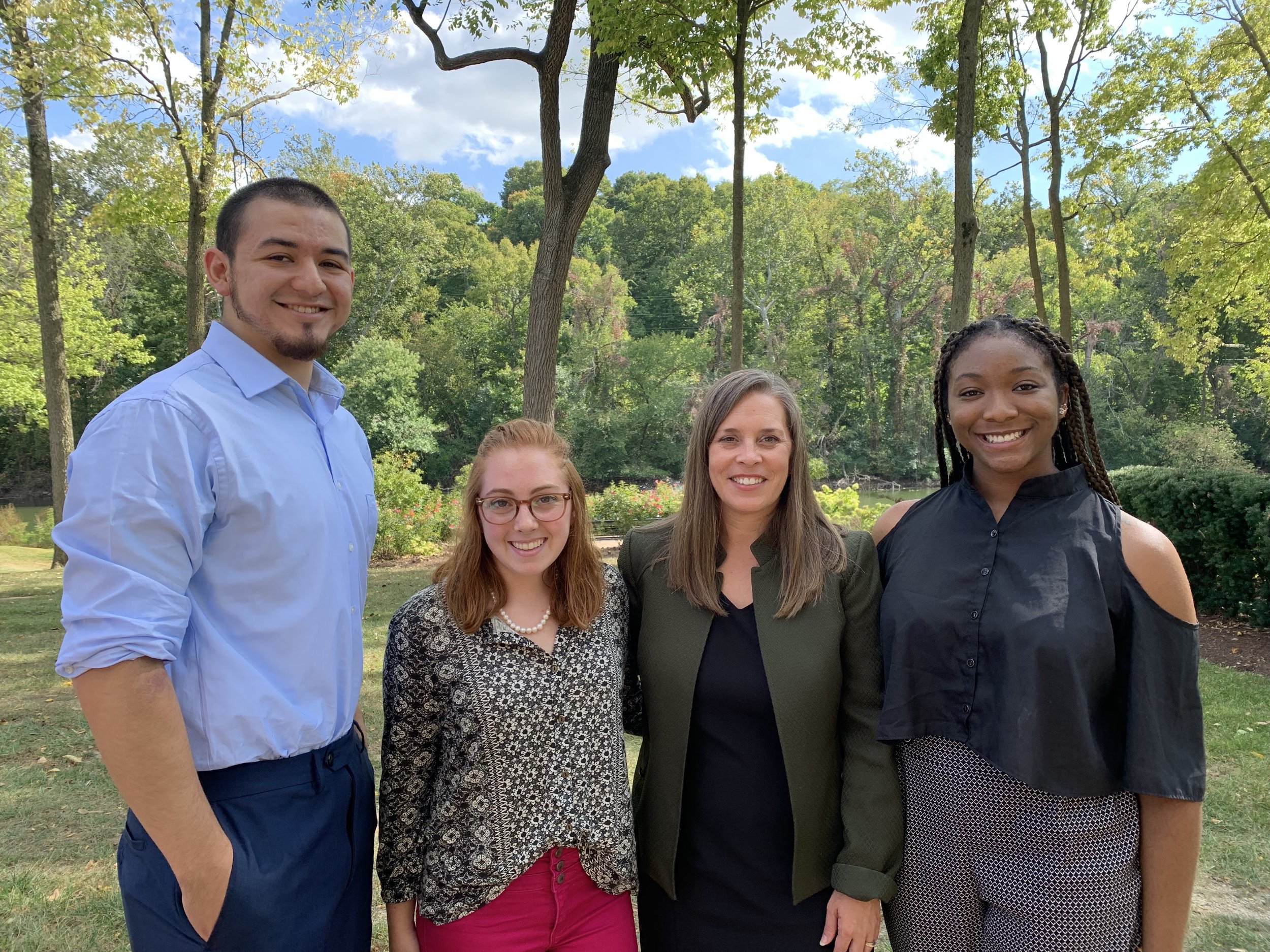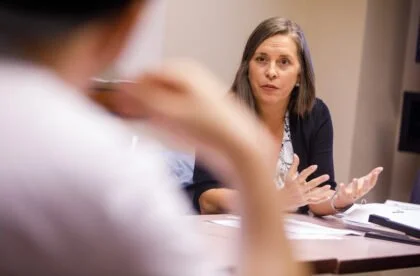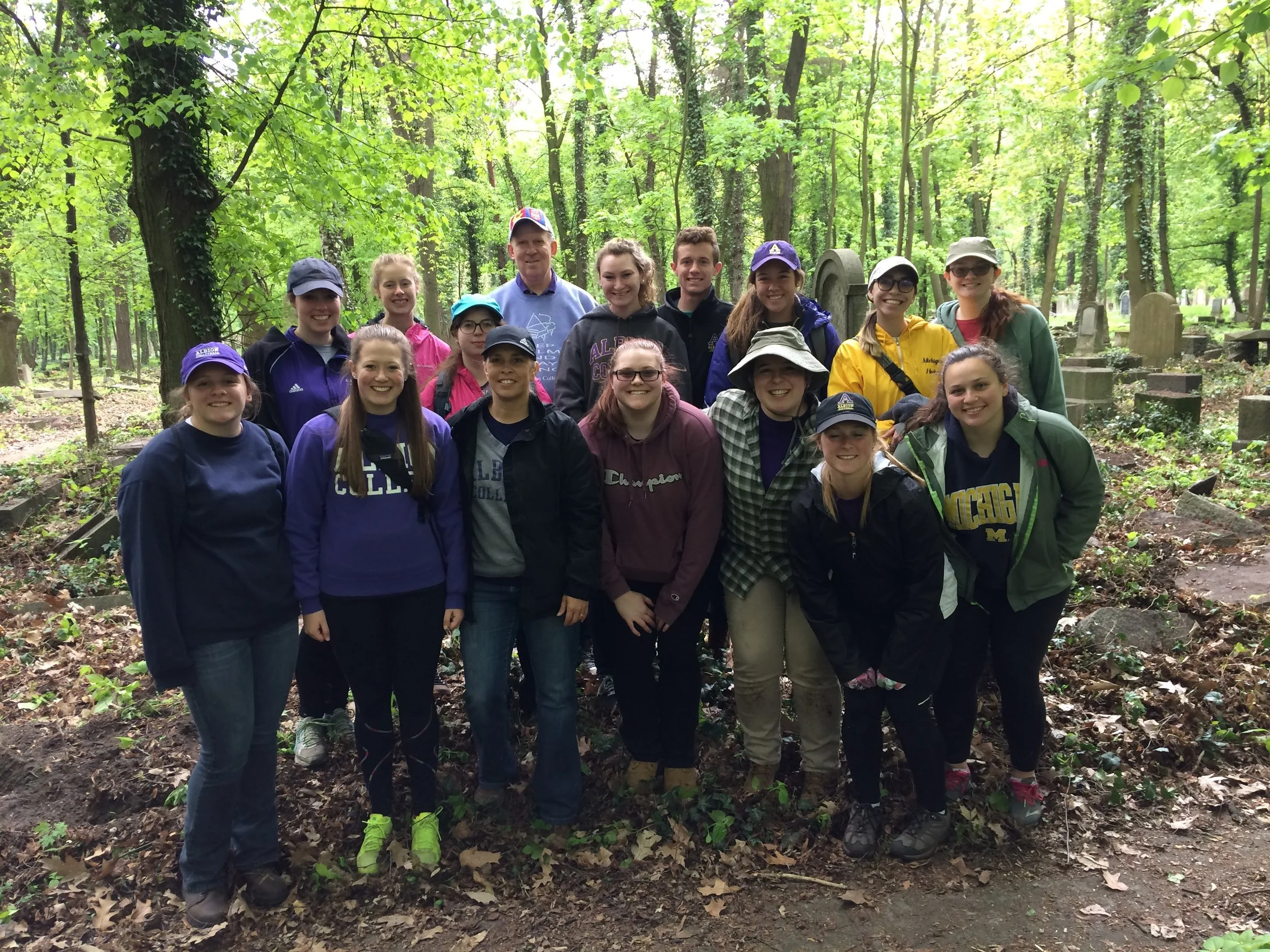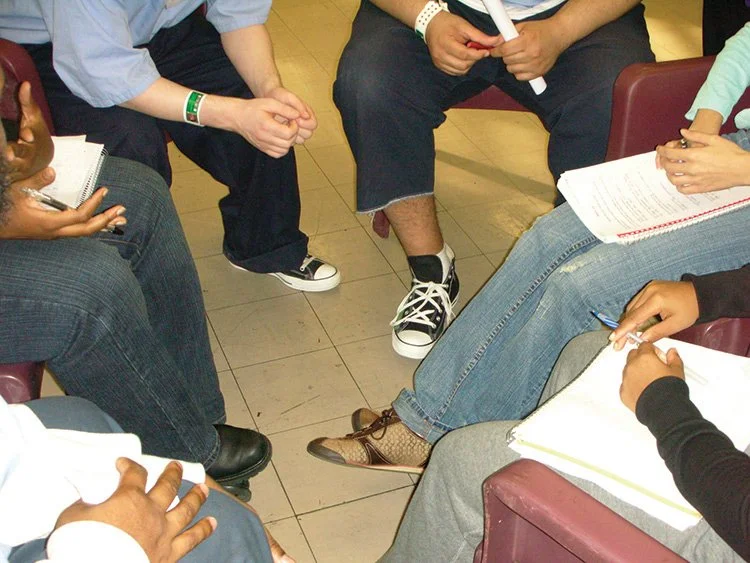
Teaching
After more than a decade of teaching, I have learned the importance of connecting what happens in the classroom with opportunities for hands-on learning beyond the classroom walls, that how we teach students is just as important as what we teach them, and that classrooms have the potential to become sites of community where both respect and rigorous debate of ideas coincide.
Over the past twelve years I have taught diverse students in liberal arts settings, public research institutions, public policy classrooms, and behind prison walls. My students have included advanced honors students, first generation college students, international students, and students from populations underrepresented in the academy.
Teaching Experience
Human Rights
Introduction to International Politics
Transitional Justice
Gender, Sex & International Politics
Causes of War and Mass Atrocity
The Politics of Genocide
American Foreign Policy
Controversies in Global Politics
International Organizations
International Law and Politics
The Politics of American Democracy
Thesis Development Colloquy
I am a proud recipient of the Student’s Choice Teaching and Mentoring Award, awarded by the Albion College Student Senate.
The hallmarks of my teaching include cultivating dynamic classrooms and empowered students, student-centered experiential learning, promoting public and policy engagement, and facilitating student writing and research.
Holocaust Studies Service Learning at Albion College
As we clear broken tree limbs, remove saplings, and cut through the ivy, we reclaim grave markers that have been swallowed by the overgrown Jewish cemetery in Poland. Each uncovered gravestone brings back to human memory a person who may have become forgotten to the living. It is a small act but one imbued with great hope that through our efforts we can reaffirm human dignity, repair past harms, and rebuke those that seek to dehumanize others. Studying transitional justice takes on enhanced meaning when debates about the merits of reconciliation and retribution incorporate the voices of victims and perpetrators. The concept of memorialization becomes comprehensible in a once Nazi-occupied Jewish cemetery.
Experiential learning is powerful because it has the potential to transform students the same way that our work in Poland helps to transform the Jewish cemetery.
I am a certified prison instructor through the Inside-Out Prison Exchange Program which brings incarcerated and on-incarcerated people together to study justice behind prison walls.



